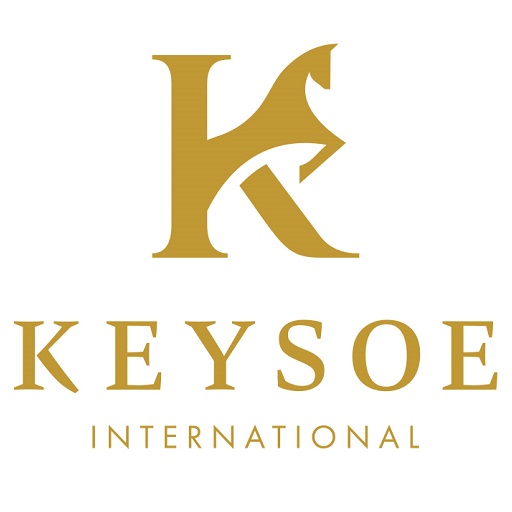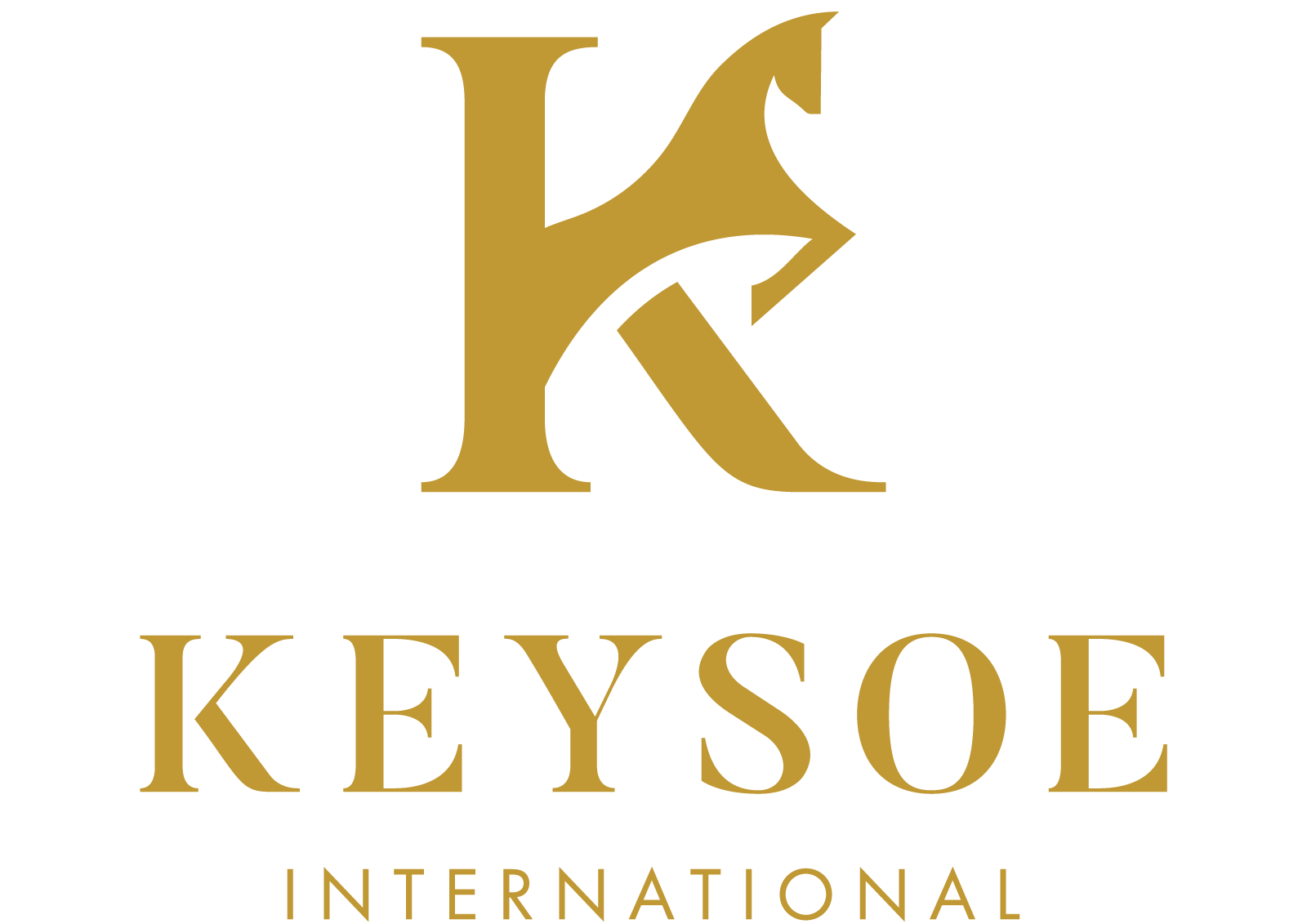Equal Opportunities Policy
1 INTRODUCTION
We at Keysoe International Ltd are committed to a policy of treating all employees and job applicants equally. The business will not tolerate any acts of unlawful or unfair discrimination or harassment committed against an employee, contractor, customer, supplier, job applicant or any other persons associated with our business because of a protected characteristic.
We will appoint, train, develop and promote on the basis of merit and ability.
All employees have personal responsibility for the practical application of this Equal Opportunities Policy, and those involved in the recruitment, selection, promotion, or training of employees have a special responsibility for the practical application of this Policy. These colleagues may have additional training needs for which provision will be made.
As a business, we capture diversity demographics to allow us to make informed decisions around creating a better place to work. This data remains confidential as per our Data Protection Policy and guidelines.
Our Grievance procedure (Employee Handbook) is available to any employee who believes that they may have been discriminated against unfairly. Any employee who is found to have committed an act of unlawful discrimination may face disciplinary action. Harassment or bullying on the grounds of sex, sexual orientation, race, or religion, or for any other reason will be treated as gross misconduct.
2 REFERENCE DOCUMENTS
Employee Handbook
Data Protection Policy and guidelines
3 POLICY
3.1 Protected Characteristics
- Sex
- Gender reassignment
- Marriage and civil partnership
- Pregnancy and maternity
- Race (including ethnic origin, colour, nationality and national origin)
- Disability
- Sexual orientation
- Religion and or belief
- Age
- Socio-economic status
- Parental status
- Carer status
In addition to the protected characteristics above, we will also not discriminate because of working patterns or contractual terms, such as flexible working, fixed term contract status or shift patterns.
3.2 Types of Discrimination
Direct Discrimination – occurs where one person is treated less favourably than another because of a protected characteristic set out in this policy. By way of example, refusing to promote a pregnant employee on the basis that she is shortly due to go on maternity leave would be direct discrimination on the protected characteristic of the employee’s sex. Other types of direct discrimination are:
o Associative Discrimination – this is direct discrimination against someone because they associate with another person who possesses a protected characteristic. For example, an employee is discriminated against because his/her son/daughter is disabled.
o Perceptive Discrimination – this is direct discrimination against an individual because others think they possess a particular protected characteristic. For example, where co-workers believe the individual is gay. It applies even if the person does not actually possess that characteristic.
Indirect discrimination – occurs when an unjustifiable requirement or condition is applied, which appears to be the same for all, but which has a disproportionate, adverse effect on one group of people. This is discrimination even though there was no intention to discriminate. For example, a requirement for UK based qualifications could disadvantage applicants who have obtained their qualifications outside of the UK; this could amount to indirect discrimination on the grounds of race.
Victimisation – is where an employee is treated less favourably than others because they have asserted legal rights against the business or assisted a colleague in doing so. For example, victimisation may occur where an employee has raised a genuine grievance against Keysoe International Limited and is demoted as a result.
Harassment – is unwanted conduct related to a relevant protected characteristic, which has the purpose or effect of violating an individual’s dignity or creating an intimidating, hostile, degrading, humiliating, or offensive environment for that individual. It is important to remember that it is not the intention of the harasser but how the recipient perceives their behaviour, which determines whether harassment has occurred.
3.3 Employing People from Outside the UK
We are committed to maintaining a diverse workforce and welcome applications from all sectors of the community, including people from abroad. It is our policy to recruit the best person for a job, regardless of sex, race, disability, religion or belief, age, sexual orientation, or any other protected characteristic.
All prospective employees, whether or not from the UK, are required to provide original documents which evidence their right to work in the UK. We will inform applicants of the documentation required at interview stage. Successful candidates will not be allowed to start work until we have had sight of the applicant’s original documents proving their right to work in the UK and has taken necessary copies for their files.
3.4 Rewarding Length of Service
Where increased pay and/or enhanced benefits are offered to employees on the basis of length of service, these are intended to reward loyalty, maintain motivation and reflect higher levels of relevant experience. Similarly, this policy shall not prevent us from providing benefits by reference to marital status such as private medical insurance for spouses.
KIP-0004 Revision 2
Last updated 16th November 2023



